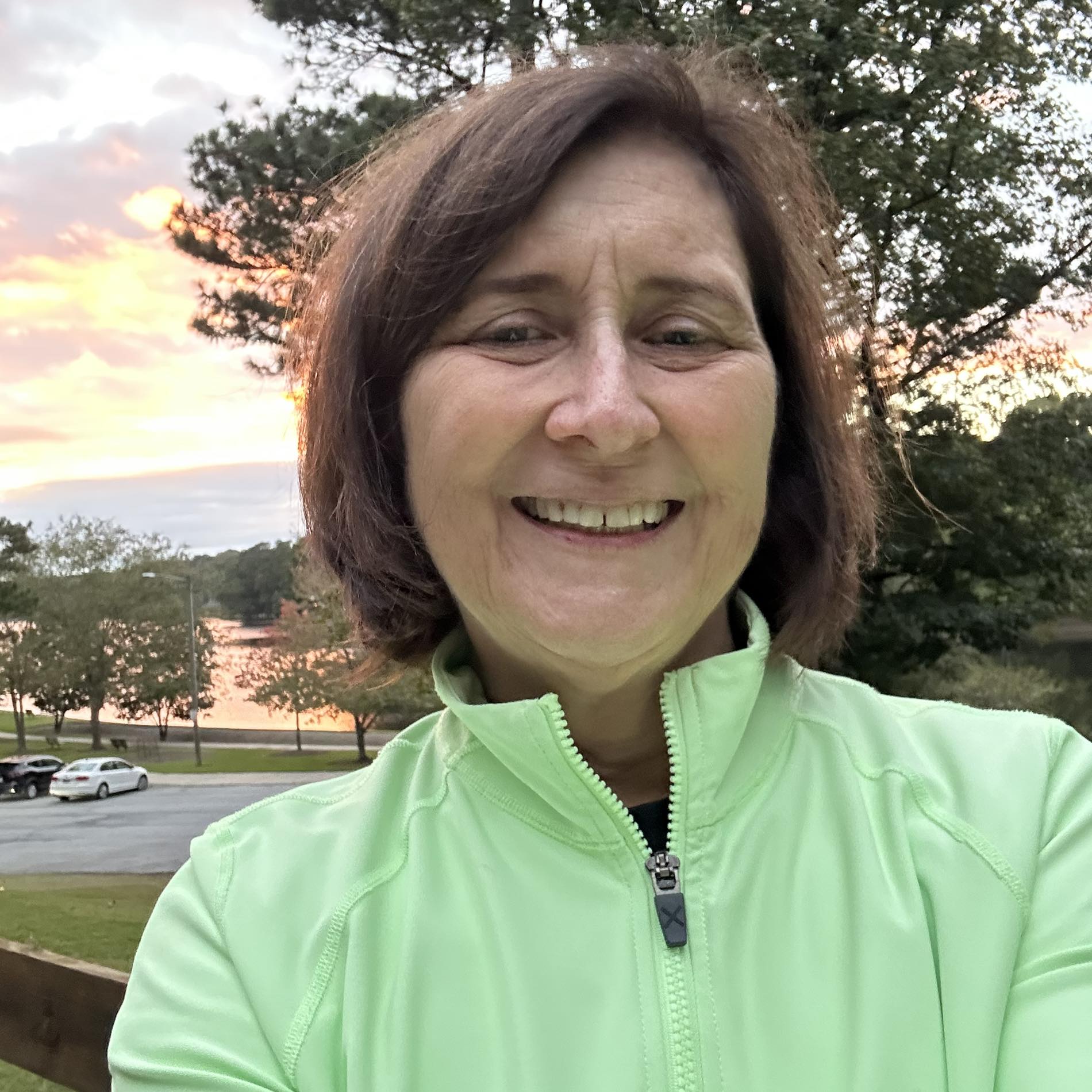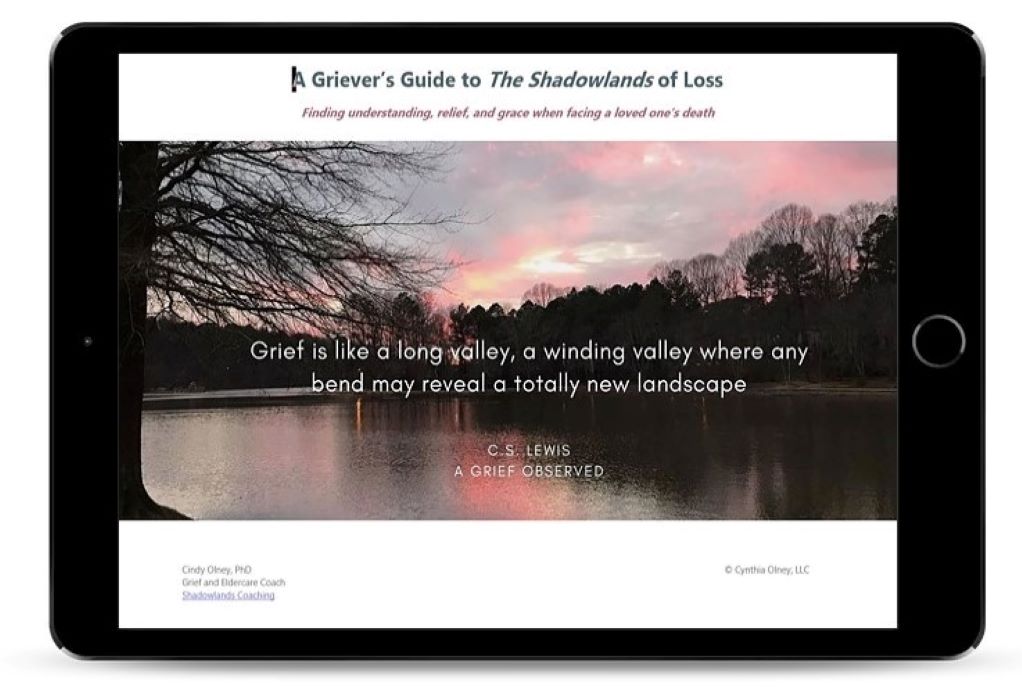There’s a flurry of activity when word gets out about their passing.
Calls. Bereavement cards. Casseroles.
People are around. Offering a helping hand or a shoulder to cry on.
And then, as quickly as the activity started, it ends.
Everyone effortlessly moves back into their normal flow of life.
Except you.
Because that life, for you, is gone.
And you feel so alone.
Reach Out
Here’s the truth: your friends still care about you. They want to help you through your dark hours of loss.
And you know it.
In your heart, you recognize they are there for you when you ask.
But here’s the harder truth. YOU HAVE TO ASK.
You need people who want to walk beside you and help provide you with divine momentum. ~ Alan Wolfelt, Understanding Your Grief
Because modern life is full of distractions. There are jobs. Bills to pay. Children to transport. Elders who need more help in daily life.
Your nearest and dearest friends will make time for you. But they need your guidance.
You have to help them help you.
Why It’s So Hard to Ask
Reaching out to friends is an insurmountable task when you’re grieving. Let’s look at the challenges and how to overcome them.
You don’t know what you need. A loved one’s death is disorienting. Even if you expected a loved one’s dying, you may have a hard time articulating what you need.
When someone asks, “what do you need?” be honest. Say you appreciate their offer and ask them to please check in later.
You feel guilty about what you need. You may think you should only ask for practical help, like running errands or doing chores.
Yet, companionship may be your biggest need. It’s okay to ask someone to spend time with you. To sit and listen. Or hang out and watch television. It’s also okay if you have to cancel plans or cut the visit short. Your true friends will understand.
You hate asking for help. Many of us have been raised to value self-sufficiency above all else. It’s embarrassing to need assistance from others.
But independence is a myth. Humans are social creatures. We thrive on connection and community. In fact, isolation is a life-threatening to us!
If you reflect on your life, you’ll realize you’ve always had help.
And think of all the times you helped others. How good it felt! Your friends feel the same way about helping you.
Reaching out is exhausting. Grief saps your energy. And learning to navigate life without your loved one can be demanding. It’s taxing to reach out to others or socialize.
Remind yourself that spending time with good grief companions is essential self-care and worth the effort.
The key is to choose your grief companions wisely. Avoid people who drain you. Stick with empathetic friends who know how to care for you.
Quality Counts
Don’t be surprised if many people disappoint you when it comes to grief support.
Grief therapist Alan Wolfelt developed his “the rule of thirds” based on decades of working with bereaved clients. He wrote that most of us can divide the people in our life into three groups.
About one-third will be “neutral.” They aren’t good at grief support and don’t even try. They’ll disappear from your life. These people won’t help you, but they also won’t do any harm.
The next one-third can do harm. These are the people who try to fix your grief. They’ll encourage you to suppress your emotions. To “move on.” This is the worst advice anyone can give you. Steer clear, at least until you feel stronger emotionally.
When we see our sorrow in the eyes of another, we know our grief has meaning. We get a glimpse, maybe for the first time since loss, that we will survive, and a future is possible. ~ David Kessler, Finding Meaning: The Sixth Stage of Grief
The good news, though, is that about a third of people in your life do know how to support you.
They’re safe sounding boards for whatever you’re feeling. They know their job is to share your emotional burden. Most importantly, they believe in your ability to heal, on your own timeline.
Beyond Friends and Family
Grieving is a deeply personal journey. Sometimes, you may want to expand your grief support network beyond friends and family.
Support groups and grief professionals can offer unique advantages over informal grief support. They provide structured support that adds routine and stability that’s comforting. They also provide an added outlet for sharing, so you can worry less about over-taxing friends and family.
You’re more likely to find fellow grievers with an experience similar to yours. That can make you feel deeply understood. Those further along on their healing journey will share practical tools and coping strategies. They’ll also prove that healing after loss is possible.
You may need to visit a few groups to find one that works for you. Wolfelt suggests you look for groups that are:
Led by a trained facilitator
- Focuses specifically on grief from a loved one’s death
- Combines both grief education and group sharing
- Meets for a fixed duration. This ensures steady attendance and fosters bonding among members.
If group support isn’t for you, consider investing in one-to-one support from a grief professional, such as a grief coach or counselor. You may feel more comfortable when you have the privacy to explore sensitive topics and deep emotions.
There are advantages to working with professionals that can truly accelerate your healing. A good coach or counselor offers objectivity and skill that allows them to:
- Tailor a program for your specific needs
- Keep discussion focused on your experience, free of meandering conversations or unhelpful advice
- Normalize your experience and describe signs of progress that you might not notice
- Point out patterns and habits that hinder your healing process.
- Suggest additional resources that might be beneficial, like therapy.
One-to-one support is a considerable investment, so do your homework. If possible, get a referral from someone you trust. Read online reviews or testimonials. Check out credentials to see if the professional has specialized grief training.
Most of all, take advantage of free introductory calls, which most professionals offer.
Ask about their experience and training. Get them to describe their approach to grief work. Be sure to get logistical details like cost, cancellation and refund policies, and their appointment hours.
Above all, trust your instincts. The quality of your interactions with your coach or counselor is as important as their credentials.
Don’t Grieve Alone
Grief experts agree that sharing our grief with good grief companions is a universal need. It’s critical to completing your healing after loss.
Our grief companions witness our mourning. They help us feel connected at a time when we feel alone and vulnerable. They lessen the heavy emotional load of grief.
It may take a lot to ask for help and attention when you’re grieving, but you need to make it a priority.
The importance of social support through grief cannot be overstated.
Don’t grieve alone.
Want to Know More About Grief Coaching? Let's Chat

Do you feel stuck in grief? Worried that you'll have to live in deep sadness for the rest of your life? Let’s chat.
I'll tell you about how my grief coaching program can help you consciously engage with your grief so you can feel better more quickly and start seeing progress toward grief recovery. We'll also talk about other stressors that may be interfering with your process, like family conflict or anxiety over living alone.
Click here to schedule a call. Rather connect through email? Send your questions to cindy@shadowlandscoaching.com.
Get A Griever's Guide to the Shadowlands of Grief
Have you recently lost someone dear to you? Or are you worried about someone who has? Download your free copy of A Griever's Guide to The Shadowlands of Loss. It covers some key elements to grieving and a few helpful strategies that can ease your experience of grief.
